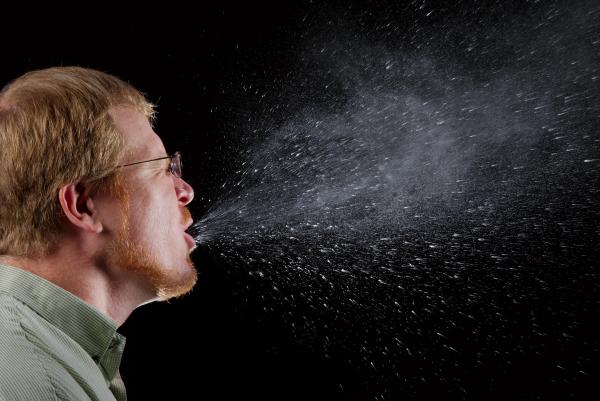RX For Your Good Health

You may have heard about the outbreak of a new and sometimes deadly respiratory illness in China called “the coronavirus.” To date, China has reported 307 deaths and more than 14,500 people infected by the disease, which has spread around the globe.
Chinese health officials believe the coronavirus began in a fish market in Wuhan, a city of 11 million. The market was closed and disinfected. The city announced on January 20, it was halting all outbound public transit flights and trains to reduce the risk of the coronavirus spreading. However, these efforts to contain the virus came too late as the contagion had already begun.
Although China may be thousands of miles from Dripping Springs, one of our neighbors has been affected and is stranded under China’s countrywide quarantine, not knowing when flights to the U.S. will again be available.
This new strain of coronavirus is in the same family as the virus that causes Severe Acute Respiratory Syndrome (SARS) and Middle East Respiratory Syndrome (MERS), both of which have killed hundreds in the last two decades.
The Chinese health ministry is limiting large events in the country and because of the coming Lunar New Year, are attempting to screen the expected 400 million Chinese people expected to travel, nationally and internationally, in celebration of this holiday.
Coronaviruses are believed to originate in bats that, in turn, spread the viruses to humans and animals. Infectious-disease specialists now know this virus is spread through human transmission.
The Centers for Disease Control and Prevention (CDC) in Atlanta has confirmed the first U.S. case Jan. 2. In this first case, a 30-something male was hospitalized outside of Seattle for pneumonia symptoms. He had recently traveled to Wuhan, but did not visit the seafood market.
Symptoms, as indicated by the CDC, include those similar to a moderate upper respiratory tract infection or the common cold. Specific symptoms are runny nose, headache, sore throat, fever and a general feeling achy fatigue.
Lower respiratory tract illnesses, like bronchitis or pneumonia, are more common in people with heart disease, weakened immune systems, infants and seniors.
Hospitals in the U.S. are already taking steps to quickly identify infected patients and five U.S. airports are already screening travelers from Wuhan.
In the interim, the National Institutes of Health (NIH) is working to develop a vaccine to prevent infections caused by the new strain of coronavirus.
Anthony S. Fauci, MD, director of the NIH's National Institute of Allergy and Infectious Diseases, said the first phase of the clinical trials would begin in a few months. It could take more than a year for a vaccine to be available.
Chinese health authorities, on January 22nd, imposed a quasi-quarantine on the city of Wuhan, advising residents not to leave the city. In addition, North Korea has closed its borders to visitors from China in an attempt to keep those carrying the coronavirus from infecting that country.
Also as of January 22nd, the World Health Organization is deciding if this outbreak of the highly-contagious coronavirus in China is a global health emergency.
The CDC states that “there is currently no vaccine to prevent 2019-nCoV infection. The best way to prevent infection is to avoid being exposed to this virus. However, as a reminder, CDC always recommends everyday preventive actions to help prevent the spread of respiratory viruses, including washing of your hands often with soap and water for at least 20 seconds, or using an alcohol-based hand sanitizer that contains at least 60% alcohol if soap and water is not available.” The CDC also recommends people avoid touching their eyes, nose, and mouth with unwashed hands, avoid close contact with people who are sick, and clean and disinfect frequently touched objects and surfaces. The CDC emphasis that these are everyday habits that can help prevent the spread of several viruses.
For people who feel ill, the CDC suggests you “stay at home, cover your cough or sneeze with a tissue, and throw the tissue in the trash.”
However the CDC emphasizes that “People who think they may have been exposed to 2019-nCoV should contact your healthcare provider immediately.”
For travelers, the CDC has set up a specific information on the coronavirus at https://www.cdc.gov/coronavirus/2019-ncov/travelers/index.html .


